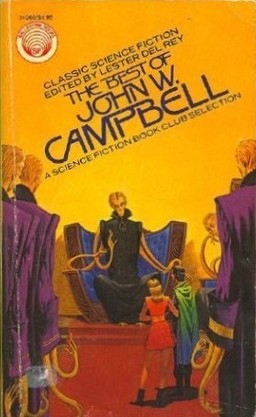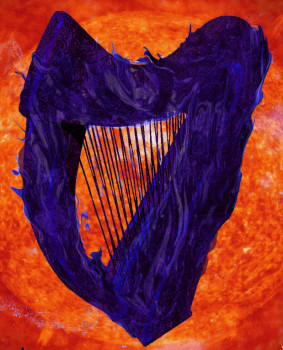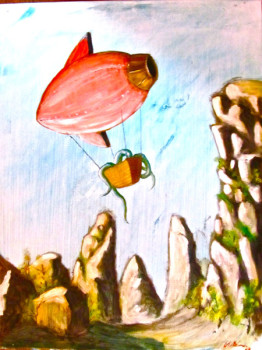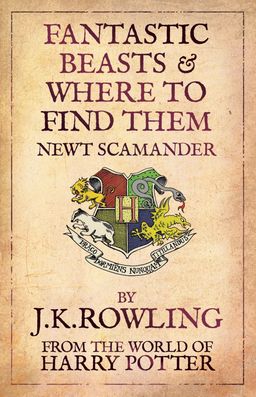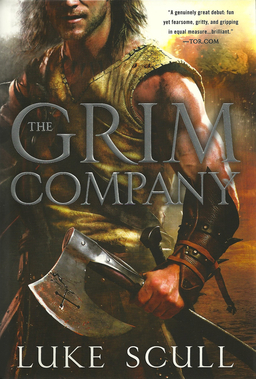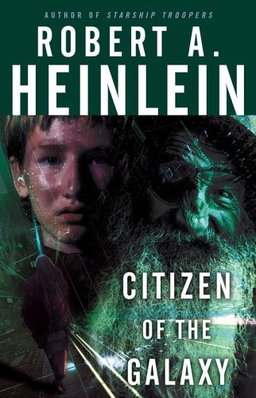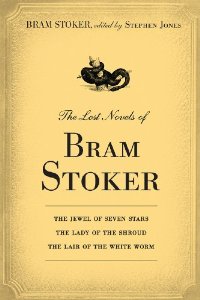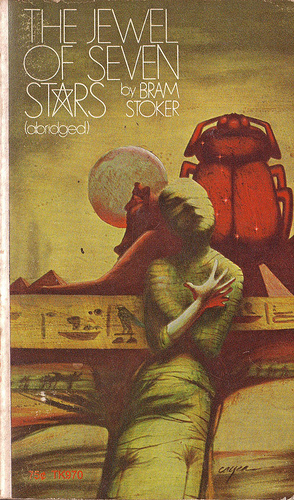Shock of the New: Thea von Harbou, Fritz Lang, and Metropolis
 I’ve always had a fascination with Frtiz Lang’s Metropolis that I’ve never been able to explain. Obviously, it’s a visually powerful film and a tremendous influence on later films and later sf. But that imaginative magnificence seemed almost disconnected from the actual story of the movie. To a large extent, that’s because the Metropolis I knew for most of my life was a greatly-reduced version of Lang’s film. On its premiere in 1927, the movie was 4189 metres (13,823 feet) long, and ran 153 minutes; it was subsequently edited heavily, down to about 3100 to 3200 metres, without the input of husband-and-wife team of director Fritz Lang and scriptwriter Thea von Harbou. For decades, only short versions of Metropolis were believed to have survived, with major subplots and characters missing from the movie. A 2002 re-edit from rediscovered footage recreated something close to the original 1927 film and a 2010 version, based on a newly-recovered negative of the film, finally returned Metropolis to Lang and von Harbou’s original vision. Still, even seeing the whole thing, I have that sense of a kind of gap between the literal content of the film and what might be called its latent content — the mythic feel of the world it imagines.
I’ve always had a fascination with Frtiz Lang’s Metropolis that I’ve never been able to explain. Obviously, it’s a visually powerful film and a tremendous influence on later films and later sf. But that imaginative magnificence seemed almost disconnected from the actual story of the movie. To a large extent, that’s because the Metropolis I knew for most of my life was a greatly-reduced version of Lang’s film. On its premiere in 1927, the movie was 4189 metres (13,823 feet) long, and ran 153 minutes; it was subsequently edited heavily, down to about 3100 to 3200 metres, without the input of husband-and-wife team of director Fritz Lang and scriptwriter Thea von Harbou. For decades, only short versions of Metropolis were believed to have survived, with major subplots and characters missing from the movie. A 2002 re-edit from rediscovered footage recreated something close to the original 1927 film and a 2010 version, based on a newly-recovered negative of the film, finally returned Metropolis to Lang and von Harbou’s original vision. Still, even seeing the whole thing, I have that sense of a kind of gap between the literal content of the film and what might be called its latent content — the mythic feel of the world it imagines.
I didn’t entirely understand that gap until I read Thea von Harbou’s novel of the story. Published in 1925, the book clarifies a number of things: elements of the plot, the character motivation, and the symbolism. The use of the pentacle, the presence of a cathedral, the imagery of Babel and Apocalypse, the vision of Moloch superimposed over Metropolis’s machines, and especially the seemingly self-destructive urge of Joh Frederson, “the Master of Metropolis,” all become clearer. At the same time, I was conscious that I was reading the book with memory of the film always present. It seems to me that the two things, book and movie, work together to make a rich and full experience out of a distinctive fusing of science fiction and the gothic.
It has to be said that there’s been some difference of opinions about the book. Critic Holger Bachmann describes the novel as “a disparate, trivialized collection of motifs from various literary sources,” and refers to its “trivial romanticism.” John Clute, in the entry on von Harbou in the SF Encyclopedia, states that novel doesn’t have much of the film’s “symbolic force.” Personally, I tend to agree with Gary Westfahl, who stated that “von Harbou excelled in the one aspect of literary craftsmanship that critics tend to ignore because it is utterly beyond their ability to comprehend: the power of myth-making.” The sense of latent power I felt in the film of Metropolis has to do with its evocation of myth, both old and new, and I think that’s more clearly present in the book. It’s not a technical triumph like the film, but it’s not to be overlooked.

